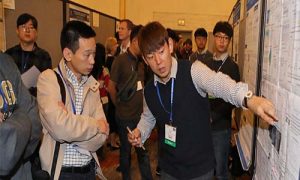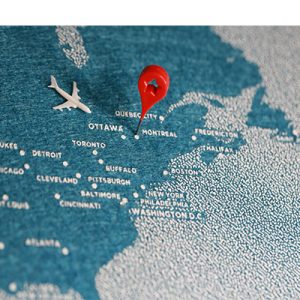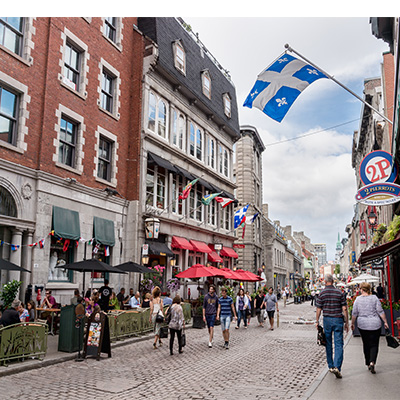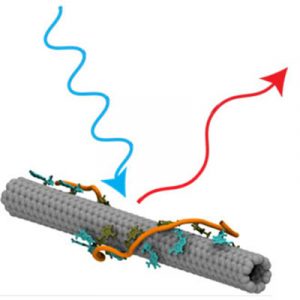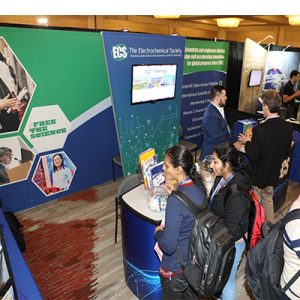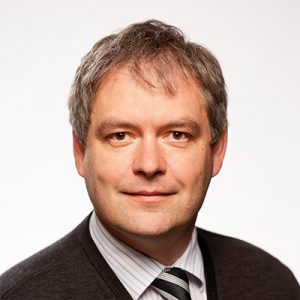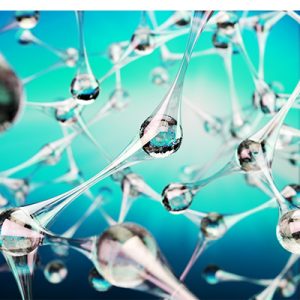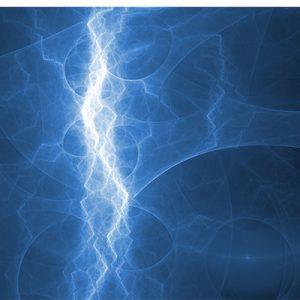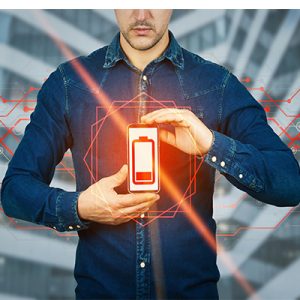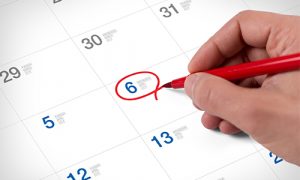 The 237th ECS Meeting with IMCS 2020 will offer five days of learning, technical presentations, business development, and networking opportunities for scientists, engineers, and industry leaders.
The 237th ECS Meeting with IMCS 2020 will offer five days of learning, technical presentations, business development, and networking opportunities for scientists, engineers, and industry leaders.
With a technical program of 2,900 presentations, including over 640 IMCS 2020 abstracts, short courses, professional development workshops, and a bustling exhibit floor, the meeting has something to offer everyone. Peruse the full Call for Papers and also visit the ECS Blog to check out topic close-ups for select symposia. (more…)


